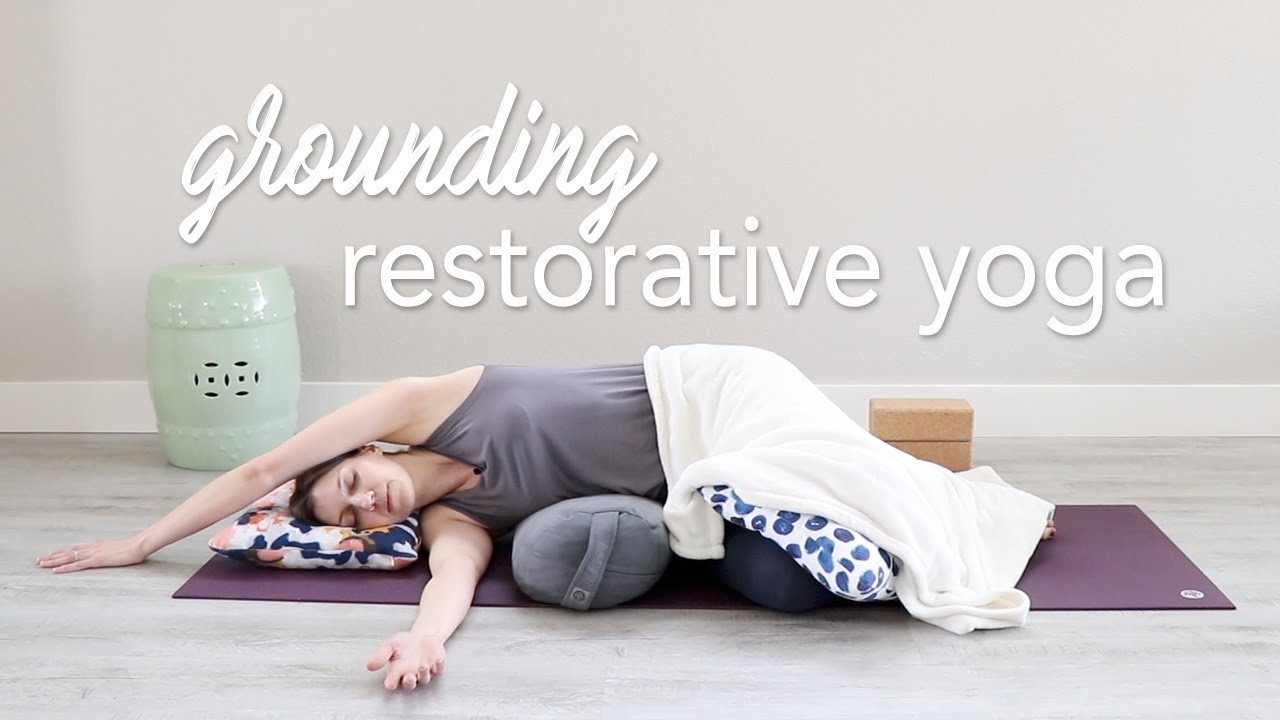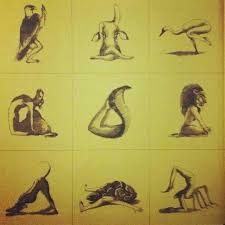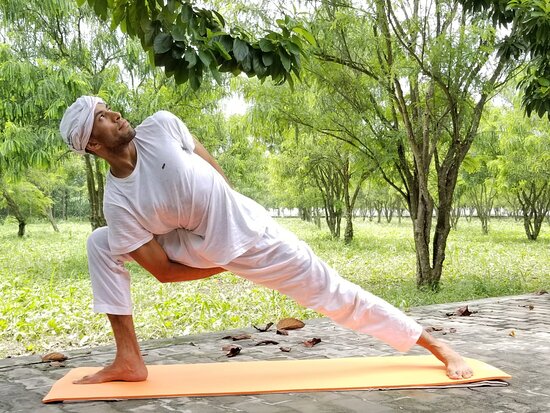
A beginners yoga class is a great companion for anyone just starting a fitness program. While you may not be familiar the terminology, postures, or yogi phrases that are used in daily yoga classes can be useful for your practice. Below are some basic poses that beginners will find easy. You will find out more about these postures and their benefits to your health. For beginners yoga, this is the ideal partner for weekly classes.
Tadasana
Tadasana may be an easy pose but it requires careful alignment, strength and physical endurance. Beginers should concentrate on one or two parts of their bodies at a given time, and keep a good posture throughout the entire exercise. The kneecaps should be lifted and the arches elevated. Also, the natural curve in the lower back should be maintained. Keep your shoulders open. Tadasana improves your posture, and can boost your self-esteem.
Plank pose
An inexperienced body may not be able to hold the Plank position. Therefore, beginners should focus on strengthening their legs and arms. Start slowly, and then gradually increase the amount of time you hold the pose. No matter what your level, it is important to practice at least one minute. From there, you can move up. Keeping a focus on your breathing will help you stay in this position longer.
Staff pose

The shoulder and neck muscles are targeted by the supine staff position. It is great for beginners in yoga. Place your feet in a seated, straight position. Begin by flexing your ankles and touching the big toes. Press your femurs into the floor and pull your sternum away from your navel. Deeply inhale and raise your collarbones. For 5-6 breaths, stay in Staff Pose.
Uttihita Chaturanga Dandasana
Uttihita Chaurango Dandasana for yoga beginners is a great starting pose. The name means "four-limbed staff," and you can also refer to it as Low Plank. This energizing backbend, also known as Chaturanga and Low Plank, stretches the legs, arms, and chest while expanding the chest.
Extended Side Angle Pose
It is important to keep the shoulders in line with the hips when practicing Extended Side Angle Pose. This pose can lead to the low back arching or the chest shifting forward. To avoid this, keep the shoulders high above the hips while keeping the spine long. If the pose is done correctly, it can help increase strength and flexibility of the chest. For beginners, it is best to not lock your elbows. You can lower your shoulders and bring your elbows to the sides. But this pose can cause injury to your neck and joints.
Om hand gesture
An Indian and Buddhist tradition, the Om hand gesture can be used. While its meaning isn't entirely clear, it seems to transcend both cultural and language barriers. It is used worldwide to show appreciation and gratitude. Beginners in yoga should learn this gesture as quickly as possible to develop the benefits of the practice. The following are some of the key benefits of the Om Hand gesture for beginners in yoga. And don't forget to use it while performing asanas!
Om sound

You'll want to learn the Om sound if you are a beginner to yoga. The Om sound is great for meditation and bringing vibrations into the body. Make sure the front teeth of your mouth touch the 'M' when you hum 'om.' If you're not in yoga, you can also use Om to help you chant. It will make you feel more relaxed and grounded.
FAQ
What can I do to improve my mental health and well-being?
Everyone needs mental health, especially when we feel stressed at work, school, home, or family. Regular exercise, healthy eating, quality sleep, and spending time with loved ones are the best ways to improve your mental well-being. Exercise releases endorphins that make us feel happier. A healthy diet is important for our bodies to function properly. Being well rested gives you energy for the day. And finally, spending quality time with loved ones improves our relationships and reduces stress.
How does mental health affect our daily lives?
All people are affected by mental illness at some point in their lives. The difference between individuals with mental illness or others is the fact they don’t seek treatment. Talk to someone if something feels wrong. There are many options for dealing with anxiety, depression, stress, such as medication, therapy, exercise, diet and meditation.
What causes mental health problems in adolescents?
Adolescence is when we develop our identities. As individuals, we start to understand who we are and where we fit in the society.
It is also a time where we can make new friendships as well as romantic relationships. These experiences can cause stress.
Stress is normal, but if you find yourself experiencing more than usual amounts of stress, then you should seek help.
You may believe that you can manage everything yourself, but sometimes it's better to have someone to talk with.
Your friends and family members can provide support during times of stress. You may find them able to offer support and help you deal with stress.
You could try meditation or exercise. Both can reduce stress.
You can also join a group like a church, sports team or church. You will make new friends and meet new people.
How does mental health affect my relationships?
Your mental health can have a profound impact on your daily life. It can affect your ability and willingness to work at all levels. You may also find it difficult to establish meaningful relationships because of mental health issues.
If you are dealing with a mental disorder, it can be easy to isolate yourself. You might even avoid social situations if you feel like no-one understands.
However, it's important to remember that people want to be around you. They just need to know how to approach you.
So, if you're having trouble connecting with others, try talking to them about your feelings. You can tell them what you feel and ask for their help.
Why is students' mental health important?
Students' mental health is crucial because it allows them to be focused on school and excel academically. If you don’t feel happy, you won’t do well in school. Students who suffer from depression often miss class, which leads to poor grades. This may result in dropping out of highschool and eventually college.
Parents and teachers should be consulted if you are suffering from depression. These people will be able help you receive the care that you require.
It is important that you remember that not everyone suffering from depression needs medication. Talk therapy is an effective treatment for many people. Counselors are a good option if you want to get help.
How can I prevent mental health issues?
Preventing mental disorders is easy. These are some tips to remember:
-
Don't drink alcohol. You can have a negative effect on your mood and increase your chance of getting depressed.
-
Avoid drugs. Avoid using drugs.
-
Sleep well. Anxiety and depression can result from sleep deprivation.
-
Exercise regularly. Exercise is good for your mood and makes you feel happier.
-
Choose healthy foods. Eating junk food can make you feel sluggish and unhappy.
-
Spend quality times with loved ones. Spending time with people you love can make you feel happier.
-
Have fun. Have fun with your life.
-
Retire from social media. Social media can make you feel isolated and lonely.
-
Be kind to yourself. Treat yourself nicely, even if you aren't feeling great.
-
Ask for help. If you're having trouble coping, then ask for help. Talking with a friend or family member is a great way to get help.
-
Remember, it's OK to cry. Crying helps release tension and stress. It doesn’t mean something bad happened.
-
Keep busy. Find something you like to do.
-
Good hygiene is essential. Poor hygiene can make you feel unkempt and unattractive.
-
Stay connected. Connecting with others will help you stay positive.
-
Learn how relaxation works. Meditation and yoga are two relaxation techniques that can help you deal with stress better.
-
Find meaning in what your do. Finding meaning in your hobbies or work can help you feel fulfilled.
-
Focus on the present moment. You won't worry about the future if you are focusing on the moment.
-
Set goals. It can be motivating to set goals.
-
Do something for yourself. You can improve your self-esteem by doing something nice for you.
-
Practice gratitude. Gratitude can help to appreciate all the blessings in your life.
-
Volunteer. Volunteering is an enjoyable way of spending time and making a difference in this world.
-
Give back. Giving back to others can make it feel fulfilling.
-
Watch out for warning signs. Don't be afraid to ask for help if your behavior changes.
What is the importance of mental health?
Mental health is vital for everyone. If you don't feel well mentally, you won't be able to do anything else. Maintaining a healthy mind is crucial.
Our bodies can start to feel stressed if we don't feel well. This can lead to problems like headaches, stomach aches and backaches. To keep our bodies and minds healthy, we must take care ourselves.
Statistics
- Similarly, for positive mental health, there is likely to be substantial agreement about some typical components (e.g., resilience to stress) 6, and controversy about more atypical components (e.g., career consolidation). (ncbi.nlm.nih.gov)
- In any given year, an estimated 18.1% (43.6 million) of U.S. adults ages 18 years or older suffered from any mental illness, and 4.2% (9.8 million) (healthypeople.gov)
- It does have some influence, but not nearly as much as we might think, so focusing less on attaining wealth will likely make you happier (Aknin, Norton, & Dunn, 2009); (positivepsychology.com)
- More than 50% will be diagnosed with a mental illness or disorder at some point in their lifetime.3 (cdc.gov)
- More than 40 million adults in the United States have an anxiety disorder, but less than 37% of people seek mental health treatment for their symptoms. (talkspace.com)
External Links
How To
How to Care For Autism Children
Autism spectrum disorder is a neurodevelopmental disorder that results in repetitive behaviors and impaired social communication. ASD affects 1 in 50 people worldwide. However, there are no treatments.
Around 18 months, the first signs usually start to appear in infancy. Most common symptoms include difficulty understanding emotions of others, lack eye contact, problems in language development, and difficulties learning new skills. These symptoms may lead to anxiety, aggression and depression as well as sleep problems.
Although there is no known cause of this condition, researchers suspect that genetics may play a part. ASD could be triggered by environmental factors such as infections, stress, medication, vaccines, alcohol and tobacco use. Evidence also suggests that certain viruses, such as rubella or measles, can increase the likelihood of developing ASD later on in life.
While early intervention and diagnosis can make a difference in outcomes, many families still struggle with their child’s behaviour after school. Treatment options vary depending on the severity of the symptoms and the type of support needed. Research shows that therapy focused on improving social interaction and decreasing problem behavior can make a significant difference.